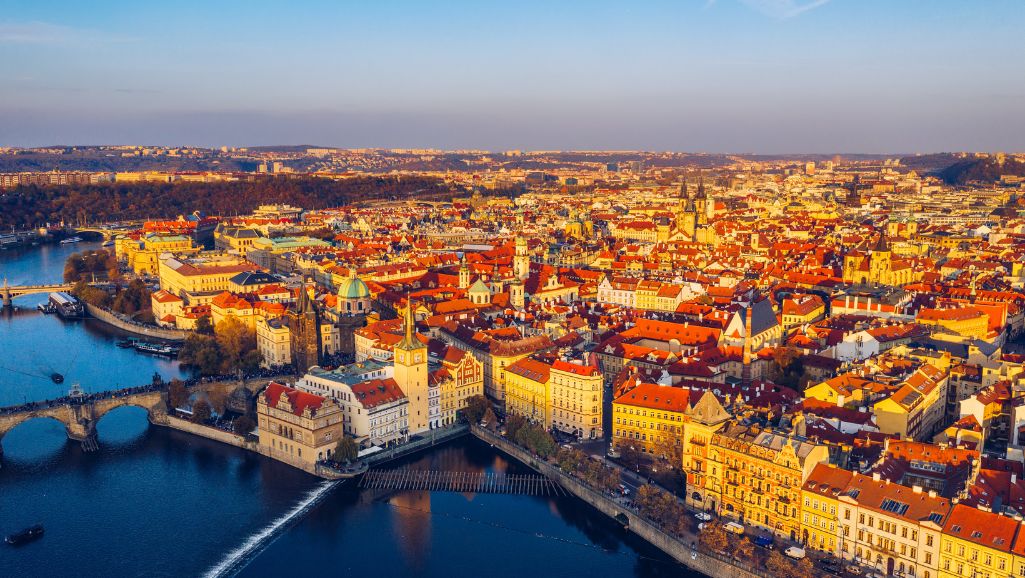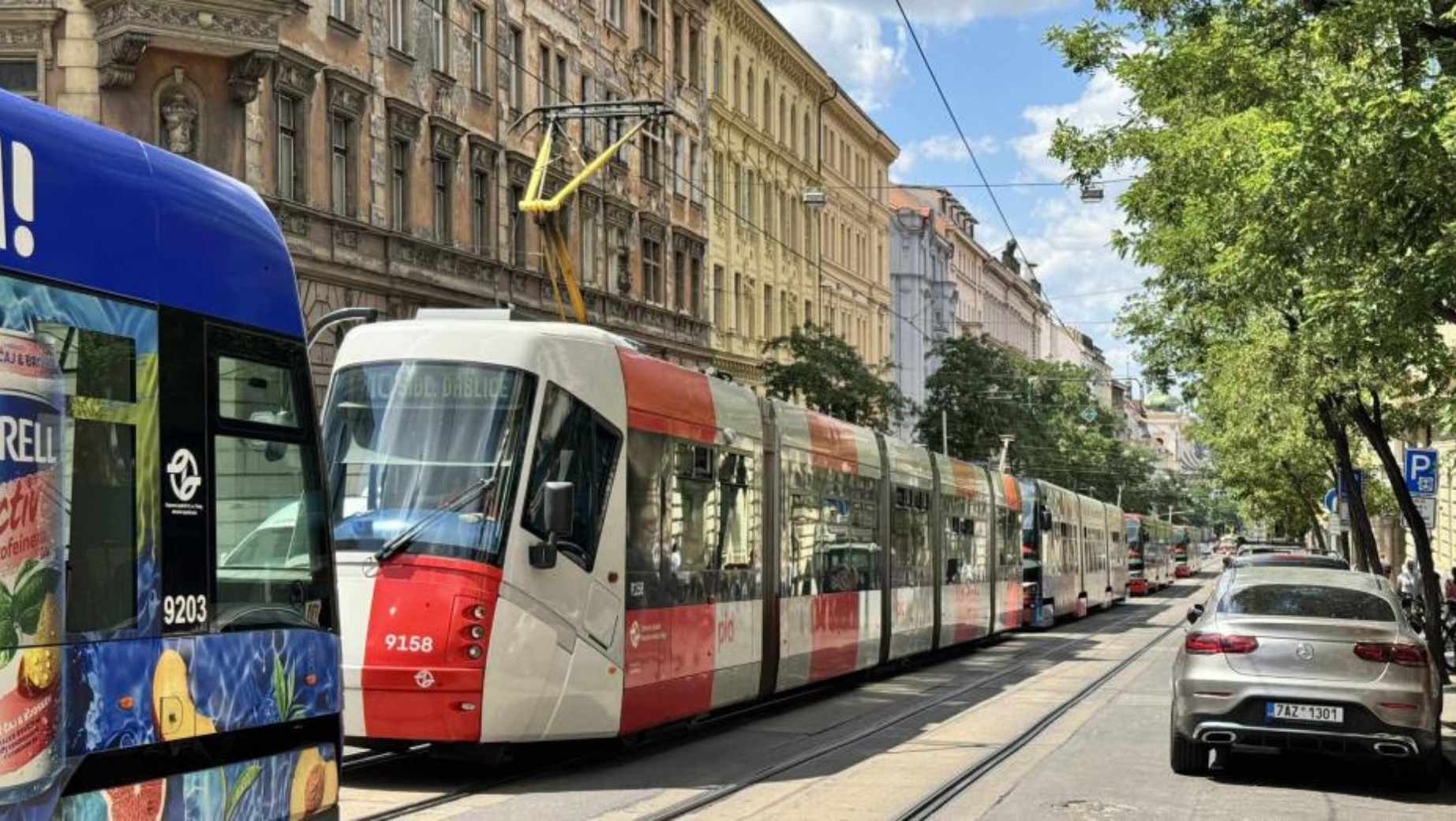Over 70% of Job Vacancies in Czechia Are Suitable for Foreigners
Prague Morning

The Czech Labour Office registered 284,525 job vacancies in March of this year, whereas the number of registered job seekers was 273,478 at that time.
Even though the number of vacant job places and job seekers is very close, Czech companies still are facing shortages in several sectors.
According to EURES, employers are consistently seeking to hire new employees, with a particular focus on roles in blue-collar and highly-skilled occupations. The same source also noted that the demand for skilled craftsmen remains high over the long term.
“For 71.6 per cent of the reported vacancies, employers are looking for candidates with primary or lower education, while 70.9 per cent of the vacancies are suitable for foreigners,” said the European Labour Authority, EURES.
The majority of professionals that Czech employers are interested in hiring, are related to construction and building trades, manufacturing and assembly, transportation, culinary and general services.
In particular, the ten most sought-after occupations by Czech employers are:
- Building construction workers
- Forklift operators
- Warehouse workers
- Assembly workers
- CNC machine operators
- Truck and tractor-trailer drivers
- Cooks
- Bricklayers
- Masons and tilers
- Cleaners
As per location, Prague has the highest demand for new employees, with 78,112 job vacancies, followed by the Central Bohemia region with 58,300 job vacancies.
In Prague, a growing number of employers are expressing interest in workers, primarily in sectors such as mining, construction, manufacturing, transportation, and related fields.
On the other hand, EURES points out that individuals with lower qualifications, particularly those with apprenticeships but without a high school diploma and those with only primary education, were more frequent among the unemployed.
Essential Tips for Foreigners Applying for Work Permits in Czechia
To work in the Czech Republic, individuals who are not citizens of EU, EEA or Switzerland will need a visa and a work permit, even if they intend to work for less than 90 days within the country.
In this regard, authorities in Czechia offer three types of work permits – the Employee Card, the Blue Card and the Intra-Company Transferee Card.
As per payment, according to Eurostat, the Czech Republic is listed in Group 3, along with the countries that have a minimum wage lower than €1000. More specifically, the minimum wage in Czechia is approximately €720 per month.
Whereas in terms of the cost of living, the Czech Republic is positioned as the 25th most expensive country in Europe, according to Numbeo.
Taking into account its labour shortages, the government of the Czech Republic has taken some measures, to tackle the situation.
In August this year, the Czech Republic’s authorities launched a new migration programme in a bid to attract Indonesian students of polytechnic universities who wish to work in the country.
Under this program, an estimated 300 students from selected Indonesian polytechnic universities will have the opportunity to work in the Czech Republic for two years.
-
NEWSLETTER
Subscribe for our daily news









